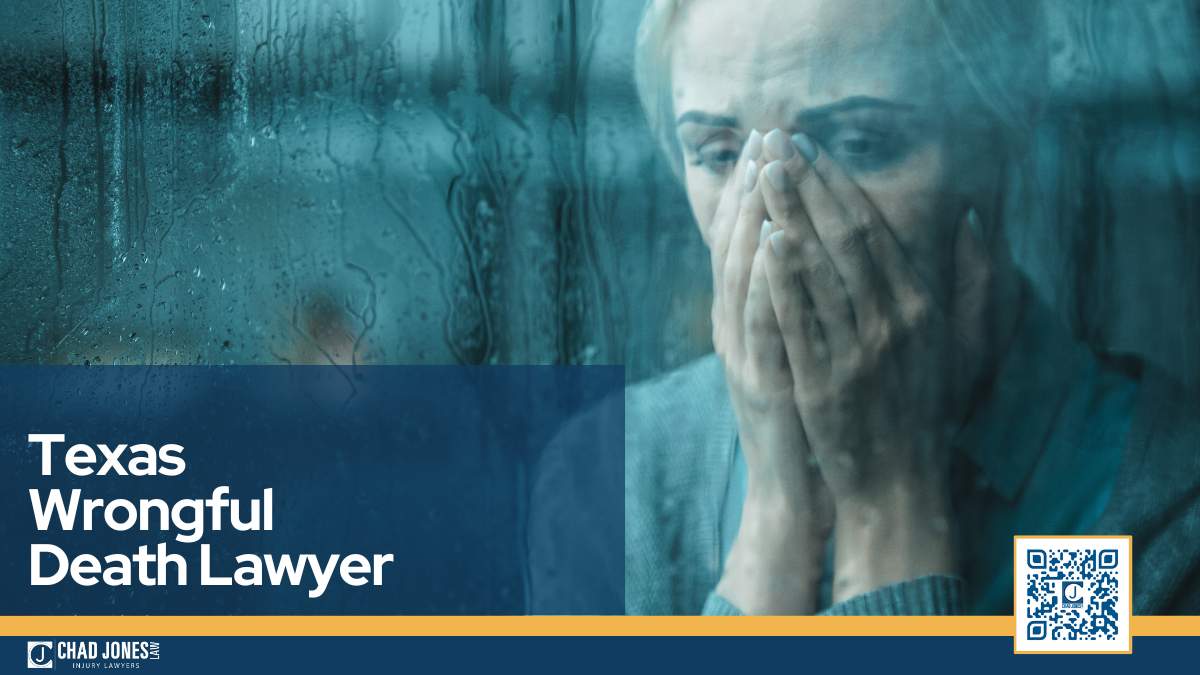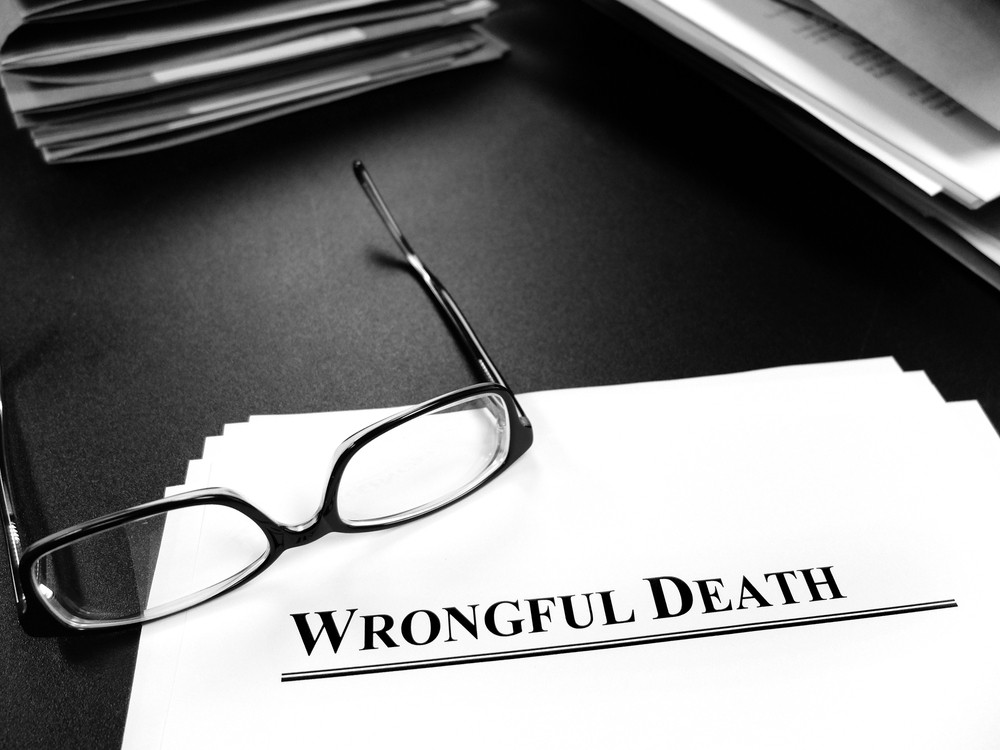
Finding Compassion & Justice – Your Guide to a Wrongful Death Attorney Near Me
Losing a loved one is devastating, and when that loss is due to someone else’s negligence or wrongdoing, the grief can feel overwhelming. During such challenging times, it’s crucial to understand your legal rights and options. Seeking a wrongful death attorney near me is the first step toward navigating this complex process, obtaining justice for your loved one, and securing the financial stability your family needs.
Understanding Wrongful Death Claims

What is a Wrongful Death?
A wrongful death claim arises when a person dies as a result of the negligence, recklessness, or intentional act of another party. Unlike a typical personal injury case where the injured party can seek compensation for their injuries, a wrongful death claim is brought on behalf of the deceased person’s survivors, such as their spouse, children, or parents.
Who Can File a Wrongful Death Claim?
The specific individuals who have the legal standing to file a wrongful death claim vary by state, but generally include:
- Spouse: The surviving spouse of the deceased.
- Children: The children of the deceased, whether minor or adult.
- Parents: The parents of the deceased, if the deceased was unmarried without children.
- Dependents: Other individuals who were financially dependent on the deceased.
- Personal Representative: The personal representative of the deceased’s estate.
What Damages Can Be Recovered?
Damages in a wrongful death case are intended to compensate the survivors for their losses and can include:
- Medical Expenses: Expenses incurred for the deceased’s medical treatment before their death.
- Funeral and Burial Costs: Costs associated with the deceased’s funeral and burial arrangements.
- Loss of Income: The financial support the deceased would have provided to their loved ones.
- Loss of Services: The value of the services the deceased provided, such as childcare or household maintenance.
- Loss of Companionship: Compensation for the emotional loss of a loved one.
- Pain and Suffering: In some jurisdictions, compensation for the emotional distress experienced by the survivors.
How Negligence is Typically Proven
To succeed in a wrongful death case, it’s necessary to demonstrate that the defendant acted negligently, and that their negligence was a direct cause of the death. This usually involves proving:
- Duty of Care: That the defendant owed a duty of care to the deceased.
- Breach of Duty: That the defendant violated that duty of care.
- Causation: That the defendant’s breach of duty directly caused the death.
- Damages: That the survivors suffered damages as a result of the death.
How to Write 5 Paragraphs on a Wrongful Death Claim

Crafting strong, informative paragraphs regarding a wrongful death claim can help clarify the process and benefits for those seeking support. Here’s a guide using a list for each paragraph:
Paragraph 1: Overview of a Wrongful Death Claim
- Start with the Definition: Briefly explain what a wrongful death claim is. Focus on the point that it arises from the death of an individual due to someone else’s negligence or misconduct.
- Express the Emotional Toll: Acknowledge the immense grief and loss families experience when losing a loved one through a wrongful death.
- Introduce the Concept of Legal Action: Briefly state that victims have the legal right to seek compensation and justice through wrongful death claims.
- Mention the Role of a Lawyer: Indicate the crucial importance of hiring a wrongful death attorney near me in such circumstances.
- Transition: Set up the next paragraph discussing the importance of legal representation.
Paragraph 2: Why Legal Representation Matters
- Complexity of Wrongful Death Cases: Emphasize that these cases are often complex and require deep knowledge of relevant law and procedure.
- Investigation and Evidence Collection: Highlight how an attorney can thoroughly investigate the circumstances surrounding the death and collect crucial evidence to support your case.
- Negotiation with Insurance Companies: Emphasize how legal professionals will act as your advocates when negotiating with the insurance company and help you avoid low settlements.
- Litigation Experience: Discuss the vital importance of a highly experienced litigator, especially if the case must advance to court.
- Transition: Lead into the next paragraph about who can file a claim.
Paragraph 3: Who Can File a Claim?
- Focusing on Eligible Parties: Clearly identify the individuals who typically have the legal right to file a claim. This will include spouse, children, parents, and other dependents.
- State Law Importance: Highlight that the specific rules determining who can file vary by state. Note that a local wrongful death attorney near me can help determine eligibility.
- Role of the Estate: Briefly mention the role of a personal representative of the decedent’s estate.
- Legal Advice Importance: Reiterate the necessity to consult an attorney to confirm if you have standing and the right to pursue a claim.
- Transition: Move towards the details of compensation.
Paragraph 4: Types of Damages
- Economic Damages: Discuss the types of damages that can be pursued, including medical expenses and lost future income.
- Non-Economic Damages: Explain the concept of compensation for things like loss of companionship and suffering.
- State-Specific Rules: Mention that limits and rules pertaining to damages will vary by state law.
- Pursuing Full Compensation: Emphasize the importance of hiring an attorney to identify and seek maximum allowable compensation.
- Transition: Lead to a discussion of specific elements of negligence.
Paragraph 5: Proving Negligence and Seeking Justice
- Duty of Care: Explain the concept of the duty of care a defendant must exercise to others.
- Breach of Duty: Describe what constitutes of a breach of duty and how it must directly cause the harm.
- Causation and Damages: Reiterate how damages must be directly traced to the negligence and show the importance of documenting all damages and losses.
- Seeking Justice: End by emphasizing the purpose of a wrongful death suit, which includes obtaining fair compensation and accountability for the wrongdoer.
- Encourage Consultation: Conclude by stating that a local wrongful death attorney near me can guide the grieving families.
Special Tips Tricks for Wrongful Death Claims

- Act Promptly: Do not delay pursuing a claim. There are strict statutes of limitations that can impact your ability to receive compensation. Contact a wrongful death attorney near me as quickly as possible after the loss.
- Gather Evidence: Preserve all relevant documentation, including police reports, medical records, bills, accident footage, etc.
- Don’t Communicate Directly with Insurance: Refrain from talking directly to insurance adjusters without legal representation, they are not working to maximize your settlement.
- Keep Detailed Records: Maintain thorough notes on every aspect of the incident and its aftermath, including medical treatment, lost wages and how it affect your day-to-day life.
- Be Patient: Wrongful death cases can take time to resolve. Be patient and trust the legal process, keeping open communication with your attorney.
- Seek Emotional Support: Losing a loved one is extremely difficult. Be sure you seek counseling and support grief groups that will assist you in this process.
- Choose a Compassionate Attorney: Select a lawyer with experience in wrongful death attorney near me cases, who is also sensitive to your emotional state.
- Understand the Fees: Clarify how the attorney fees will be structured, such as on a contingency basis where you don’t pay unless compensation is awarded, for complete clarity and transparency.
Key Facts about Wrongful Death Claims
- Time Limits are Crucial: Every state has its own time limit for filing these claims; it’s called a statute of limitations.
- Family Members Initiate the Claim: Wrongful death lawsuits are not brought by the deceased, but rather by certain family members or the estate (though state rules may vary).
- Negligence is Key: These types of cases focus on negligence, and it must be proven.
- Compensation Covers both Loss and Outlay: This claim seeks to recover lost income potential and costs associated with medical and funeral costs.
- Settlement or Trial: Most claims settle out of court, but some go all the way to litigation.
- Emotional Distress: Compensation may also be included for trauma the family has experienced.
- Evidence is Vital: Gathering and preserving evidence is crucial in a successful wrongful death case.
- Expert Legal Help: A wrongful death attorney near me significantly impacts a case’s outcome, often helping families receive justice.
- State Laws Differ: Each State has their own rules and regulations, and it’s vital to choose an attorney who knows state specific laws.
- Complex Legal Process: Wrongful death suits involve complex procedures, emphasizing the need for experienced legal help.
Frequently Asked Questions
What if I am unsure if a wrongful death claim applies to my situation?
If unsure, it is always wise to immediately consult with a wrongful death attorney near me. They can assess your unique circumstances, advise you how the law applies to your particular case, and present your legal options.
How much does it cost to hire a wrongful death lawyer?
Many wrongful death lawyers work on a contingency basis, so you will not have to pay upfront costs for attorney fees. Payment for your attorney will come out of any possible settlement or award that is collected.
How long does a wrongful death case usually take?
The length of a wrongful death case can vary greatly depending on the circumstances. Some cases settle quickly through negotiations, while others take longer to litigate if the case goes to court. Your attorney will keep you closely informed of timelines and what to expect.
What types of evidence is needed to file a claim?
Any material that helps support the case is useful. This can include police reports, medical records, witness statements, pay stubs, financial information as well as any relevant documents that show negligence. Your lawyer will guide you through this discovery process.
Can I be compensated for my grief and pain?
Yes, compensation for the pain and suffering of the survivors can generally be claimed in a wrongful death suit. The amount of which will depend on legal and factual details specific to your case.
Conclusion
Losing a loved one is an enormous tragedy, and navigating the legal process during such a difficult time can be overwhelming. However, understanding your rights and seeking the assistance of a compassionate and experienced wrongful death attorney near me is vital to obtaining justice and ensuring that your family is cared for during this incredibly tough time. Remember that you have the right to pursue the compensation you need, while also seeking justice for the tragedy of your loss.





Comments (0)